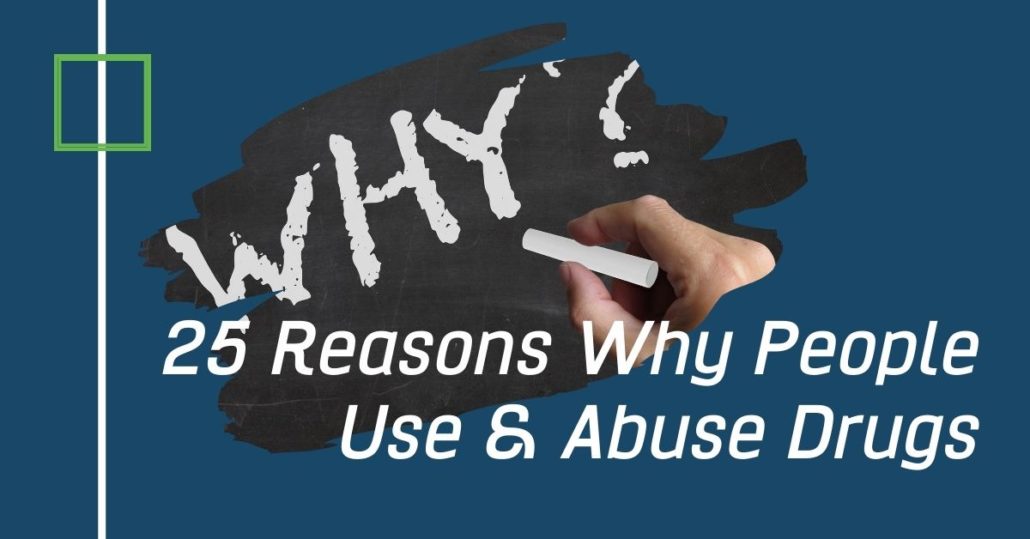What are Synthetic Cannabinoids?
Synthetic cannabinoids, also known as synthetic marijuana, K2, and Spice, are toxic and illegal, with highly unpredictable effects. They are a type of new, “designer” drug, also known as novel psychoactive substances (NPS’s; others include “bath salts”). Basically, this drug is human-made mind-altering chemicals that are either sprayed on dried, shredded plant material so they can be smoked or sold as liquids to be vaporized and inhaled in e-cigarettes and other devices.
These products are also known as herbal or liquid incense. The risks associated with synthetic cannabinoids are even higher for teens and young adults because their brains are still developing. Unfortunately, these products are often marketed to kids as safe, legal, and natural. Moreover, even in small amounts, people’s exposure to this drug can lead to synthetic cannabinoids addiction.
The U.S. Food and Drug Administration (FDA) [1] has become aware of reports of severe illnesses and deaths. This is resulting from the use of synthetic cannabinoid (marijuana) products that have been contaminated with brodifacoum, an anticoagulant commonly used in rat poison. These unapproved products are being sold in convenience stores and gas stations as substitutes for marijuana under names such as “K2” and “Spice.”
This addiction poses severe health risks because it can cause severe bleeding.

According to the Center for Disease Control and Prevention (CDC) [2], research shows that synthetic cannabinoids affect the brain much more powerfully than marijuana. Because it is creating unpredictable and, in some cases, life-threatening effects including nausea, anxiety, paranoia, brain swelling, seizures; hallucinations, aggression, heart palpitations, and chest pains.
Side Effects of Synthetic Cannabinoids
The effects of synthetic cannabinoids on the brain and body should not be underestimated. When someone uses marijuana, the THC in the drug interacts with brain cell receptors. Consequently, synthetic cannabinoids activate these same receptors, creating similar effects to their natural counterpart. And then, the compounds in synthetic marijuana bind more strongly to these receptors than THC, resulting in stronger and less predictable effects.
Side Effects of Synthetic Cannabinoids may include:
- High Blood Pressure
- Anxiety
- Nausea/Vomiting
- Paranoia
- Seizures
- Rapid Heart Rate
- Profuse Sweating
- Confusion
- Hallucinations
- Heart Attacks
- Kidney Damage
Signs of Addiction
The US Drug Enforcement Administration (DEA) [3] says the substance has no medical use in the United States and has been reported to produce adverse health effects. Therefore, it is classified as a Schedule I substance under the Controlled Sun stances Act.

Recreational synthetic cannabinoids use can turn into addiction over time. You or someone you know may have an addiction if the following signs appear:
- Having intense urges to use synthetic cannabinoids
- Missing responsibilities to use synthetic cannabinoids
- Feeling unable to stop using the drug
- Spending large amounts of time and money on synthetic cannabinoids
An addiction professional can screen your symptoms if you think you have an addiction to synthetic cannabinoids.
Addiction & Co-Occurring Disorders
Individuals who have been abusing synthetic marijuana may also be struggling with a variety of co-occurring disorders, including the following:
- Depressive Disorders
- Attention-Deficit/Hyperactivity Disorder (ADHD)
- Anxiety Disorders
- Posttraumatic Stress Disorder (PTSD)
- Other Substance Use Disorders
Synthetic Cannabinoids Overdose
The health effects of using synthetic cannabinoids can be unpredictable and harmful, even life-threatening. These seemingly innocent little packages of “fake weed” can cause serious side effects that are very different from those of marijuana because synthetic cannabinoid products can be toxic. As a result, you can overdose on it the first time you use it.
Common Overdose Symptoms are:
- Paranoia
- Hallucinations
- Panic
- Rapid Heart Rate
- Nausea
- Vomiting
- Seizures
- Toxic Reactions
- Elevated Blood Pressure
- Reduced Blood Supply to the Heart
- Kidney Damage
- Confusion
Above all, deaths can occur when dangerous synthetic opioids, such as fentanyl, are added without the user knowing.
Synthetic Cannabinoids Withdrawal
According to the National Center for Biotechnology Information (NCBI) [4], withdrawal from delta-9-THC (natural cannabis) has been described as a syndrome of anxiety, myalgias, chills, and anorexia. Synthetic cannabinoids are potent than delta-9-THC and thus the withdrawal syndrome is similar but more severe. Provided that, regular users trying to quit may have the following withdrawal symptoms:
- Diarrhea
- Nausea
- Depression
- Paranoid delusions
- Anxiety
- Headaches
- Irritability
- Intense cravings
- Extreme feelings of hunger, but lacking the ability to keep food down
- Alternating between hot and cold flashes
- Experiencing flu-like symptoms
- Isolating oneself
- Excessive lethargy
- Increased feelings of anxiety
- Engaging in violent temper tantrums
Addiction Treatment
Overcoming addiction to synthetic marijuana can be accomplished through targeted behavioral therapies, counseling, and other proven treatments. One factor to consider is the presence of a co-occurring mental health disorder because it could mean that a person may suffer from both addiction and mental illness at the same time.
These disorders may be related to changes in the brain caused by long-term and regular abuse of the drug. When someone suffers from co-occurring disorders, regardless of which one may have come first, specialized treatment that focuses on caring for a dual diagnosis in an integrated fashion may be the optimal course of action.

Behavioral Therapy works best for the treatment of synthetic cannabinoids. Examples may include:
- Cognitive-Behavioral Therapy
- Contingency Management, or Motivational Incentives: Providing rewards to patients who remain substance free
- Motivational Enhancement Therapy
At We Level Up Florida, we believe that if the client can identify the underlying issue and treat it simultaneously with their treatment for addiction, the client’s chances of a successful, relapse-free recovery are much improved. In fact, once we can identify and properly begin treatment on the underlying issue that’s driving or co-occurring with the dependency on alcohol or other drugs; clients will have reached a major milestone and will be that much closer to long-term sobriety.
Find the Right Primary Mental Health Treatment Plan with Secondary Co-Occurring Addiction Diagnosis
During your rehabilitation, the staff from your treatment facility will help you identify what caused your addiction; teach you skills that will help you change your behavior patterns, and challenge the negative thoughts that led to your addiction. Sometimes, the pressures and problems in your life lead you to rely on substances to help you forget about them momentarily. That is why we apply a holistic approach to each of our clients.
So, if you or someone you love is struggling with synthetic cannabinoids addiction, get them the safest help they need and deserve.
Inpatient medical detox and residential primary addiction treatment may be available at our affiliated facility at Level Up West Palm Beach Rehab. For some primary behavioral health treatment clients, medical detox and or addiction rehab may be required first. If you have a co-occurring severe substance abuse diagnosis, please contact us prior to beginning inpatient mental health therapy. Treatment services may vary. Please call us to learn which treatment options are most suited for your individual needs.
Sources
[1] FDA – https://www.fda.gov/news-events/press-announcements/statement-fda-warning-about-significant-health-risks-contaminated-illegal-synthetic-cannabinoid
[2] CDC – https://www.cdc.gov/marijuana/faqs/how-harmful-is-k2-spice.html
[3] DEA – https://www.dea.gov/sites/default/files/2020-06/K2-spice-2020.pdf
[4] NCBI – https://pubmed.ncbi.nlm.nih.gov/23609214/